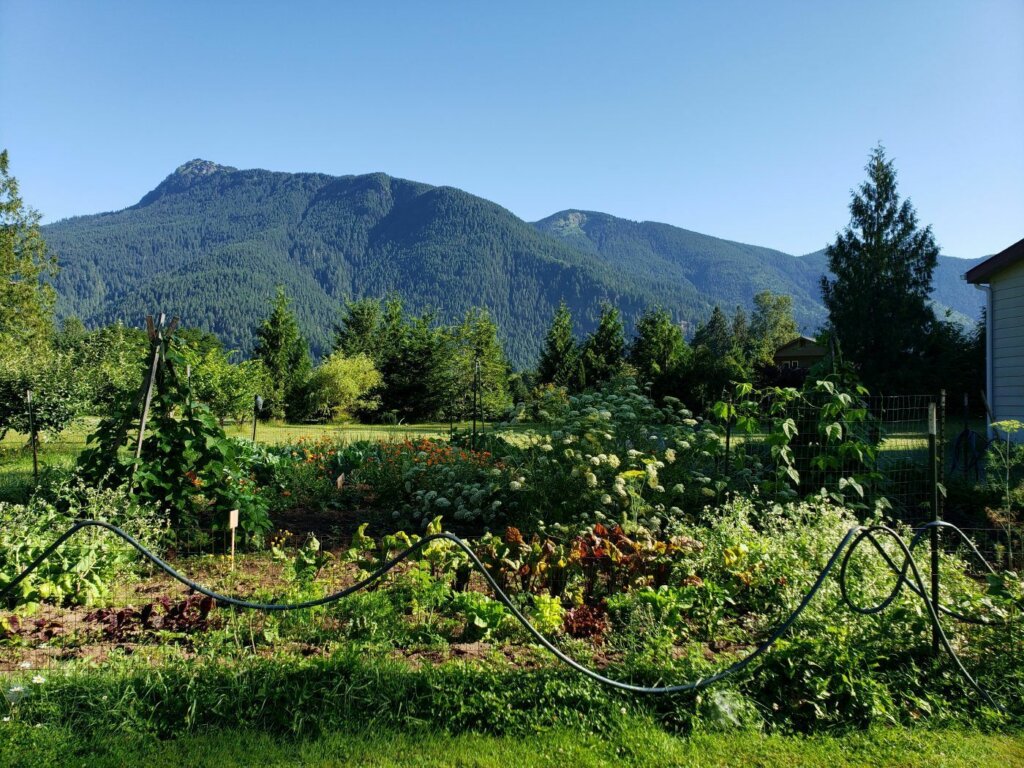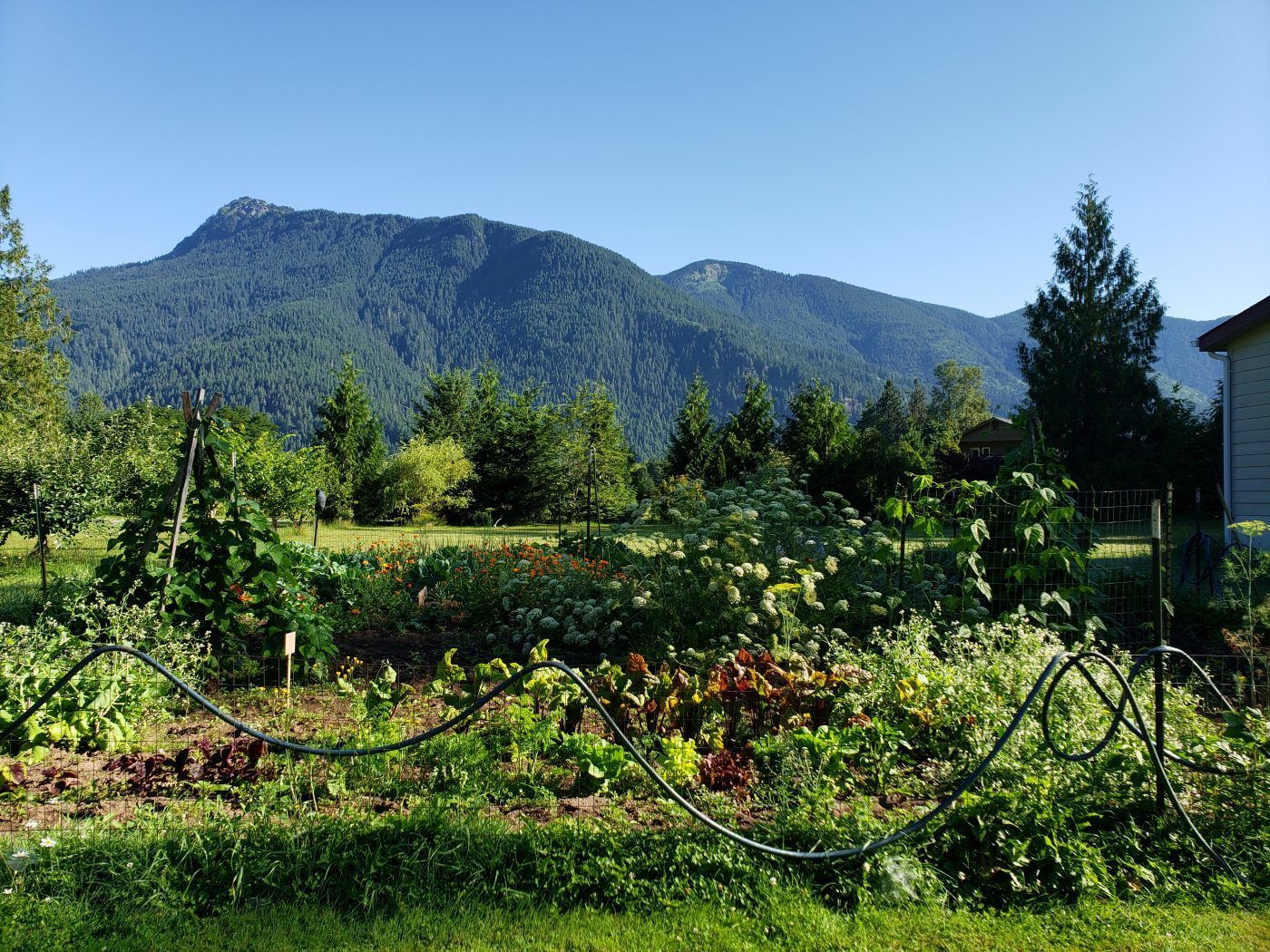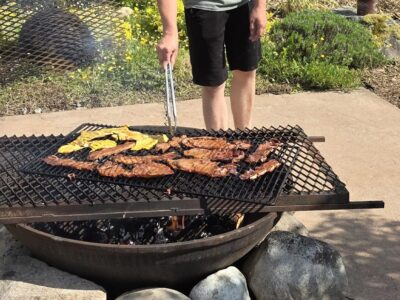When Autumn was bit by a tick at age 19, it took a number of years before her Lyme disease surfaced. She realized a change needed to happen, little did she know homesteading would help her Lyme Disease recovery.

Often times in life we feel like we’re not quite “there yet”. We have ideas of what we want to be doing, we’ve seen what other homesteaders are achieving, and there’s ALWAYS something more to be learning!
Natural Remedies Made Simple

Start your home apothecary with confidence—even if you’re brand new. Learn how to choose the right herbs for your body using the simple principles of herbal energetics.
Discover how warming, cooling, drying, and moistening herbs affect your body—so you can stop guessing and start making remedies that actually work.
Just remember, you can actually change the course of your entire life by doing SMALL things!
You’ve heard me share before how one tiny change with my food actually healed my body and helped me get off of prescription medications.
In today’s Pioneering Today Podcast (episode #280), Autumn Rose, who lives with Lyme-Disease, is sharing today how she manages her disease through food, lifestyle, and HOMESTEADING!
Autumn lives with her husband on a tiny farmstead in the mountains of southern British Columbia in Canada. She’s a full-time homemaker, whole food cook, avid gardener, food preserver, and lover of farmyard creatures!
My kinda person!
In her early adult years, she was leading a typical modern lifestyle until she got sick. After being diagnoses with advanced Lyme disease she began searching for ways to strengthen her health after she reached a point where the doctors told her they couldn’t help her anymore.
That’s what launched her into the “back to the basics” movement where she started experimenting with different foods and learning about nutrition.
This is when she came to the realization that vine to table, raising your own food was actually the healthiest way to go. She got into preserving that food and built momentum from there.
She keeps a natural home now making her own body care products and household cleaners. Essentially she embraced whatever gave her positive results.
It’s important to note that I am not a certified medical practitioner. This post is not intended to diagnose or treat but is for informational purposes only. Please contact your healthcare professional before introducing new herbal and natural remedies into your wellness routine.
Table of Contents[Hide][Show]
In this episode:
- Autumn was bit by a tick at age of 19 but she noticed something different about this tick bite than any other.
- The symptoms she experienced when the Lyme Disease became very apparent (nearly TWO years after the bite).
- The emotional and mental struggle of dealing with a debilitating unknown disease.
- What happened that changed the way Autumn approached her health.
- How taking her health into her own hands and being her own advocate changed her future.
- Does she recommend using anti-biotics to manage the disease?
- How nutrition and detox helped manage her health. (Here’s more information on how to detox naturally)
- How homesteading skills actually helped her recovery.
- Verse of the week: Psalm 103:2-4
Links from this episode:
- Follow Autumn on her blog at A Traditional Life.
- Check out my other podcast interview with Autumn where we talk about making homemade fruit vinegar.
[fusebox_transcript]
Interested in hearing from more homesteaders? Check out these interviews.
- Aquaponic Gardening & Raising Tilapia with VW Family Farms
- Tips for Homesteading Off-Grid & Life w/out a Fridge or Running Water
- 7 Self-sufficiency and Simple Living Lessons from the Amish
- Urban Homesteading – Tips for Small Space Self-Sufficiency
- How to Cook on a Wood Stove
- How to Get Everything Done in a Day Without Wasting Time or Getting Distracted
- Biggest Homestead Mistakes We Made & What to Avoid
- What to do When Homesteading Gets Tough
- Maximizing Your Homestead for Profit & Production (with Joel Salatin)



